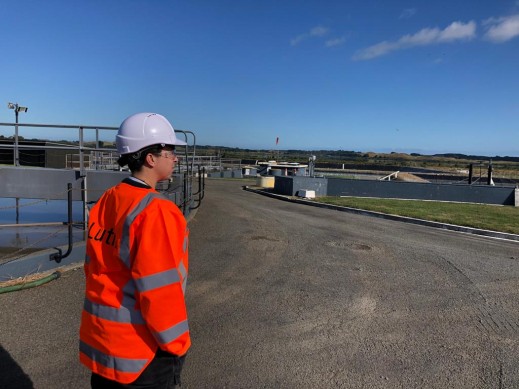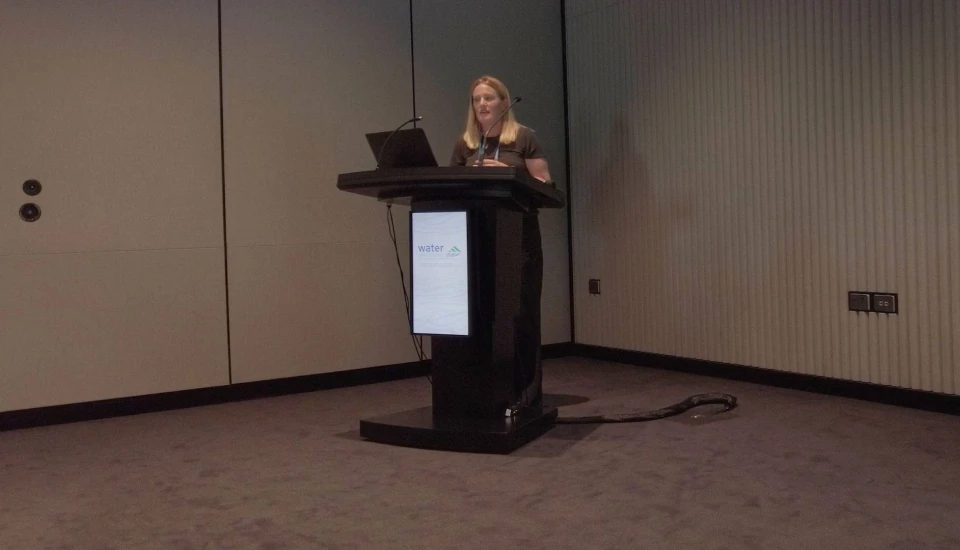There is a very good reason why Air New Zealand consistently sits at the top of global airline safety rankings.

Customers are quite literally placing their lives in the hands of the collective team involved in getting them safely from point A to point B and the possible consequence of someone not doing so could have serious, immediate, and far-reaching consequences.
As a customer my expectation is that each person involved will do their job diligently and competently, and in accordance with well-established and proven procedures.
The expectation on the water industry should be no different. Water is a fundamental necessity of life and, as we saw in Havelock North in 2016, unsafe drinking water can cause widespread illness or even death. Whatever your role in the industry it is our collective responsibility to ensure that we carry out our work in a way that reflects our understanding and acknowledgment of this reality.
Principle 1 of the six principles of drinking water safety is that a high standard of care must be embraced. I firmly believe that this principle should be reflected in every aspect of how we operate as individuals and as an industry. Not just because it is written into legislation but because, as professionals and as people who care about our communities, it is the right thing to do. In my mind this means we must be competent at our roles, conduct ourselves with integrity and professionalism, and exercise discipline and diligence in how we go about our work.
The Water Services Act embodies this principle, and it is most clearly outlined in Section 29 – Duty of officers, employees, and agents to exercise due diligence.

In practice this means that staff must understand their water supply and have the knowledge and skill to operate their treatment plant safety and efficiently. They must understand the risks and hazards associated with their water treatment plant and know how these risks are proactively managed. In addition, water treatment plants must be appropriately resourced and there must be processes and procedures in place to enable operations staff to carry out their role.
Increasing the resources available to water treatment plants and ensuring that the people responsible for operating and managing them are skilled and knowledgeable will also enable a shift in mindset in how the industry operates. Part of embracing a high standard of care is embracing a culture of continuous improvement. However, moving away from “firefighting” and reacting to events as they arise, and adopting a more proactive approach to performance monitoring, asset management, and preventative maintenance can only be achieved when people have the skills, capacity, and support to do so.
To support councils to help operations staff acquire the knowledge and understanding required to safely run their water treatment plants Lutra have developed the License to Operate (LTO) training program. We recently developed a LTO suite of training materials for Wellington Water that cover their South Wairarapa treatment plants. These will be used to upskill both new staff and existing staff who are unfamiliar with these sites and provide them with the knowledge to safely operate them. Lutra are also currently working with Thames Coromandel District Council to develop a competency framework that will be used to identify and plan training programs for staff.
I’d like to think that we live this principle every day at Lutra, and help our clients embrace this principle too. This is reflected in the work that we do to help our clients provide safe drinking water for their communities.













